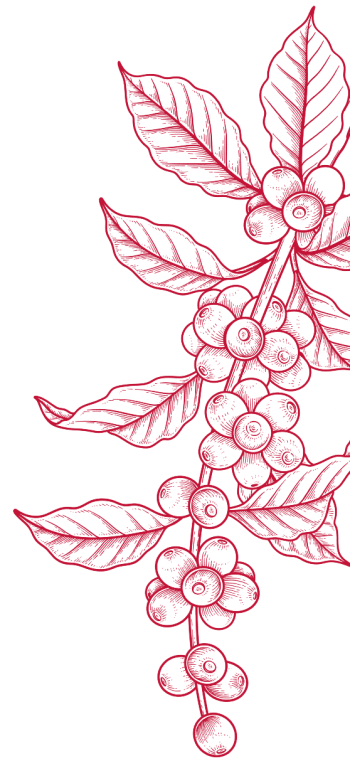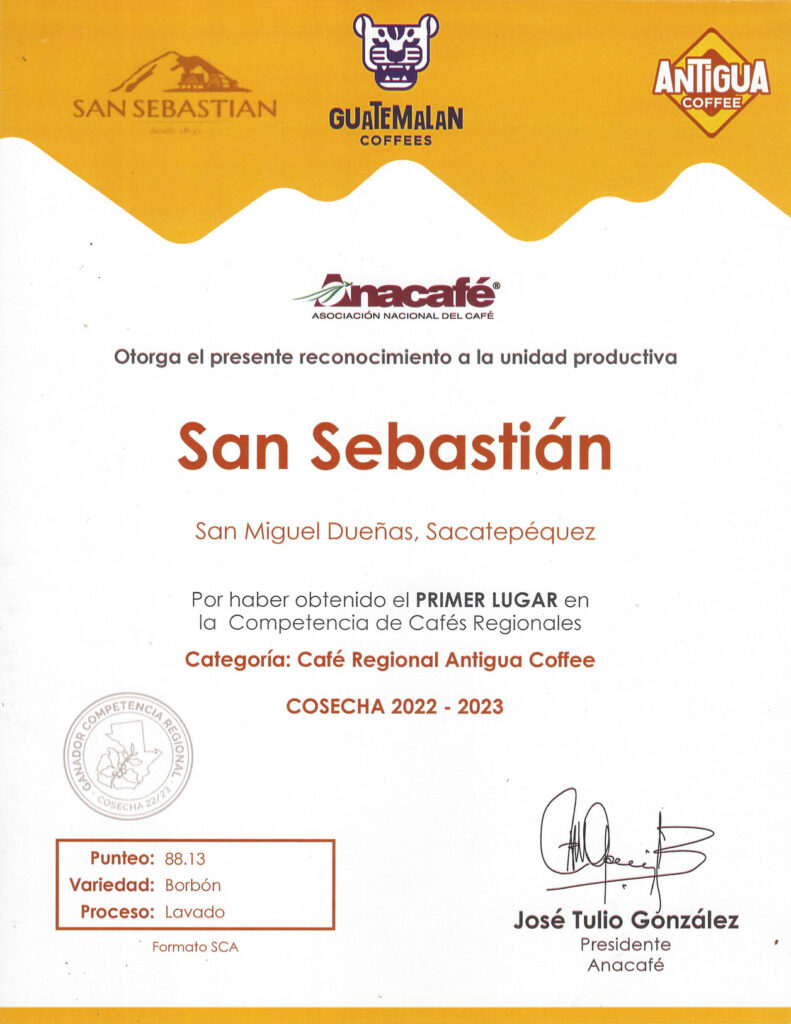
Sustainability and the planet
At San Sebastián, all the Agricultural, Livestock, and Forestry systems work in harmony with nature. This ensures that the productivity of the crops is the result of environmentally friendly practices that help to conserve native flora and fauna.
Waste Management
One of the main objectives of the plantation is to reuse all the organic waste that is produced through the different production systems. In the case of coffee processing, it involves its by-products, such as husk (dry processing), pulp (wet processing) and honey waters (wet processing).
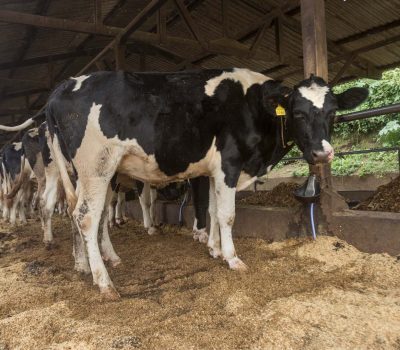
The Parchment
The husk is used within the livestock system as bedding or litter where the cows rest in the feeders, keeping them isolated from rainfall, urine, and manure. By laying the husk we also manage to increase the volume of manure that we collect everyday. This is taken to the Vermiculture area or to the aerobic composting area to be used as a coffee plant fertilizer and for the seedling containers.
The pulp
The pulp is used as part of the diet for the humus-producing earthworms, this product is used to prepare new coffee planting areas, providing organic matter directly into a hole, where the coffee seedling will be planted.
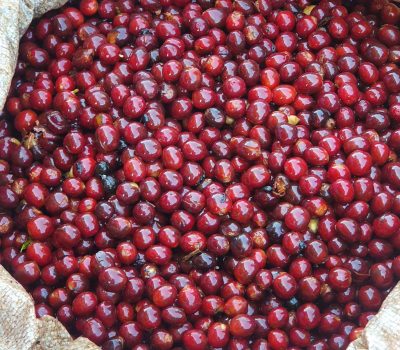
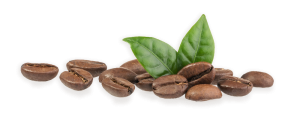
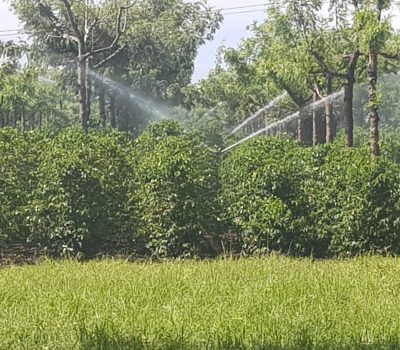
The honey water
After being recirculated, the honey water produced during the wet processing is added to the water and with manure from the milking room. Then, it is stored in wells or sedimentation pools to stabilize the pH by adding Calcium hydroxide and E.M., a combination of several beneficial microorganisms. Later, the water is pumped and used to irrigate the coffee plants and cow pastures.
